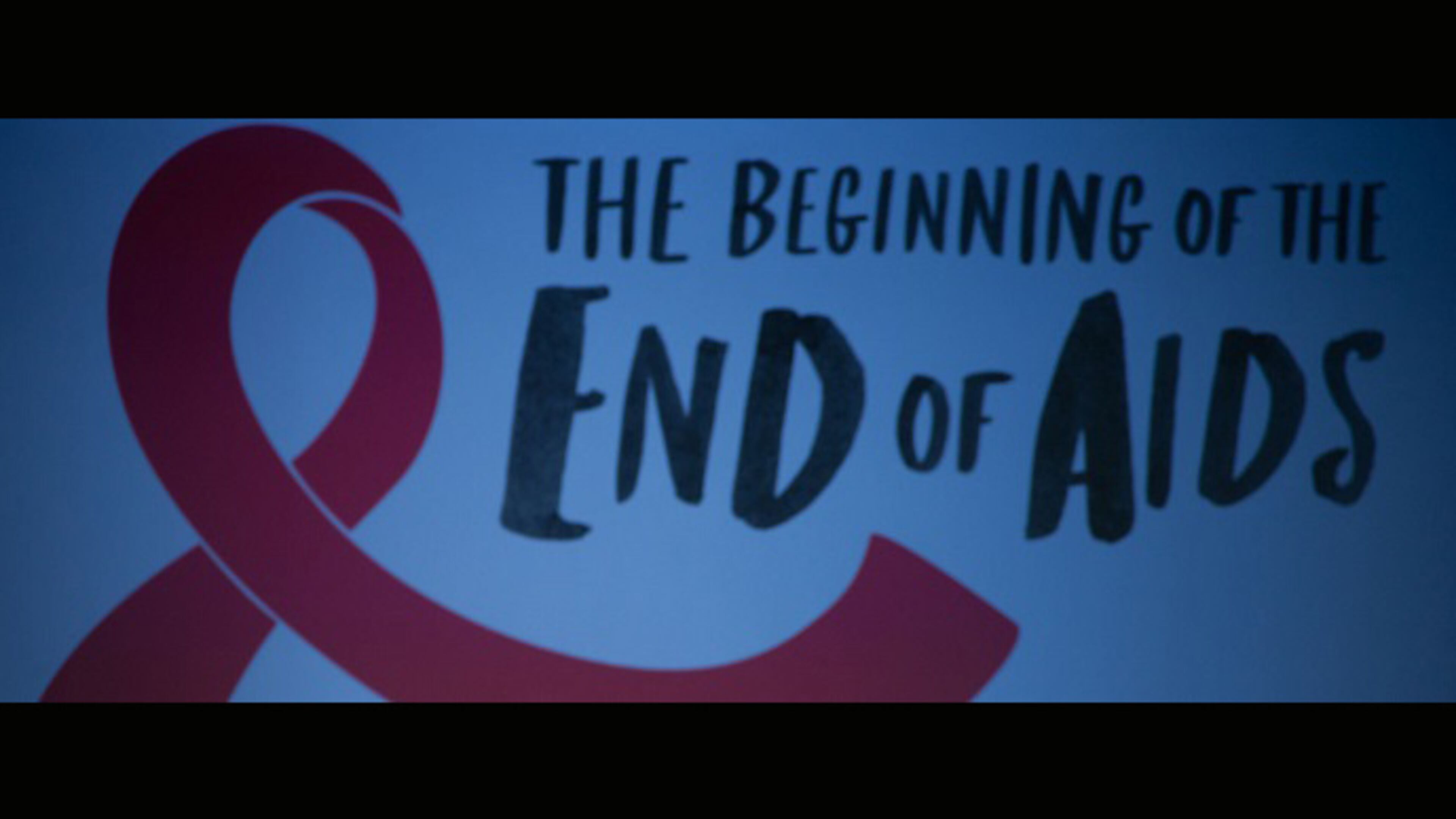OPINION: Another year, another World AIDS Day

If there’s a silver lining to the current coronavirus pandemic, it is this: A glaring light has been cast on every flaw in the systems that keep us safe and healthy.
That includes our response to the HIV/AIDS epidemic in the U.S. and around the world.
It’s not surprising then that “Ending the HIV/AIDS Epidemic: Resilience and Impact” is this year’s theme for World AIDS Day, which dawns annually on Dec. 1.
You may or may not recall that early last year President Donald Trump announced his administration’s goal to end the HIV epidemic in the United States.
We have until 2030 to meet that goal.
So, where do we stand right now?
According to the Centers for Disease Control and Prevention, 37,968 Americans were diagnosed with HIV, the virus that causes AIDS, in 2018. Of those, 42% or 16,055, were Black; 27% or 10,255, were Hispanic. Also of particular note, Black gay men accounted for 38% of all new HIV diagnoses among all gay and bisexual men in the United States.
Globally, an estimated 38 million people have the virus, and more than 35 million people have died of HIV or AIDS since the virus was identified in 1984, making it one of the most destructive pandemics in history.
Keep in mind, these aren’t just numbers. These are people.
That’s why this annual observance is still important. It’s a reminder that HIV is still very much with us and we still need to be thinking about how to raise awareness and protect those we love.
Nicole Roebuck, executive director of AIDAtlanta, has been doing this work for a long time. Does she see an end to the HIV epidemic?
Maybe.
Like most in the HIV community, Roebuck told me she was elated to see the Trump administration state a national plan to end HIV in America, but she couldn’t help being a little skeptical.
For one thing, Roebuck said the plan doesn’t take into account or address other social determinants of health care needed to curb the spread of the disease.

Things like homelessness, housing instability, mental health, poverty, lack of insurance access, and the biggie, stigma.
“Unless these issues are adequately recognized and addressed nationwide, the hope for an HIV infection-free America by 2030 is questionable,” she said.
On top of that, Roebuck said that AIDAtlanta and other agencies doing this work continue to face funding issues, including a lack of Medicaid expansion, threats to 340B discount programs for the uninsured, and continued threats to the Affordable Care Act, which allows for more access to health insurance for many of the people they serve.
There is, however, some good news, Roebuck said. Funding to the federal Ryan White program that provides HIV-related health services hasn’t decreased in the past four years.
Why is that important?
It allows many Ryan White-funded agencies across the country to at least maintain current levels of services and care. Clearly if cases continue to rise, it won’t be enough.
With the nation poised to welcome new leadership in a Biden-Harris administration, she hopes that won’t change.
Specifically, Roebuck said she would encourage the continuation of the President’s Advisory Council on HIV/AIDS and a multi-partisan approach to health care in this country.
“Health care is a human right and should be treated as such, especially when it comes to policy and funding,” she said. “HIV cannot continue to be seen as a disease that affects ‘those’ people. It is a chronic condition like any other, that with good health care access and solid science, people living with HIV/AIDS can live healthily.”
It’s important, too, to remember, she said, that when we use the science, and educate and support people in making choices that keep them most safe, regardless of who they are or who they choose to love, HIV is a preventable disease.

As World AIDS Day approached, I asked Roebuck what was on her wish list.
An HIV vaccine, she said.
“It is long overdue,” she said. “Whatever funding or other supports are needed, that should be a priority.”
She’s hopeful, too, that she’ll see an HIV/AIDS-free world in her lifetime.
That will take an aggressive collective movement from everyone, including, she said, our politicians at the highest levels, our scientists and medical community, our grassroots agencies on the ground, the health care industry, and most importantly people living with HIV/AIDS.
That means each of us has a role to play. I’ll leave it up to you to choose what that looks like. Just do something.
Find Gracie on Facebook (www.facebook.com/graciestaplesajc/) and Twitter (@GStaples_AJC) or email her at gstaples@ajc.com.

